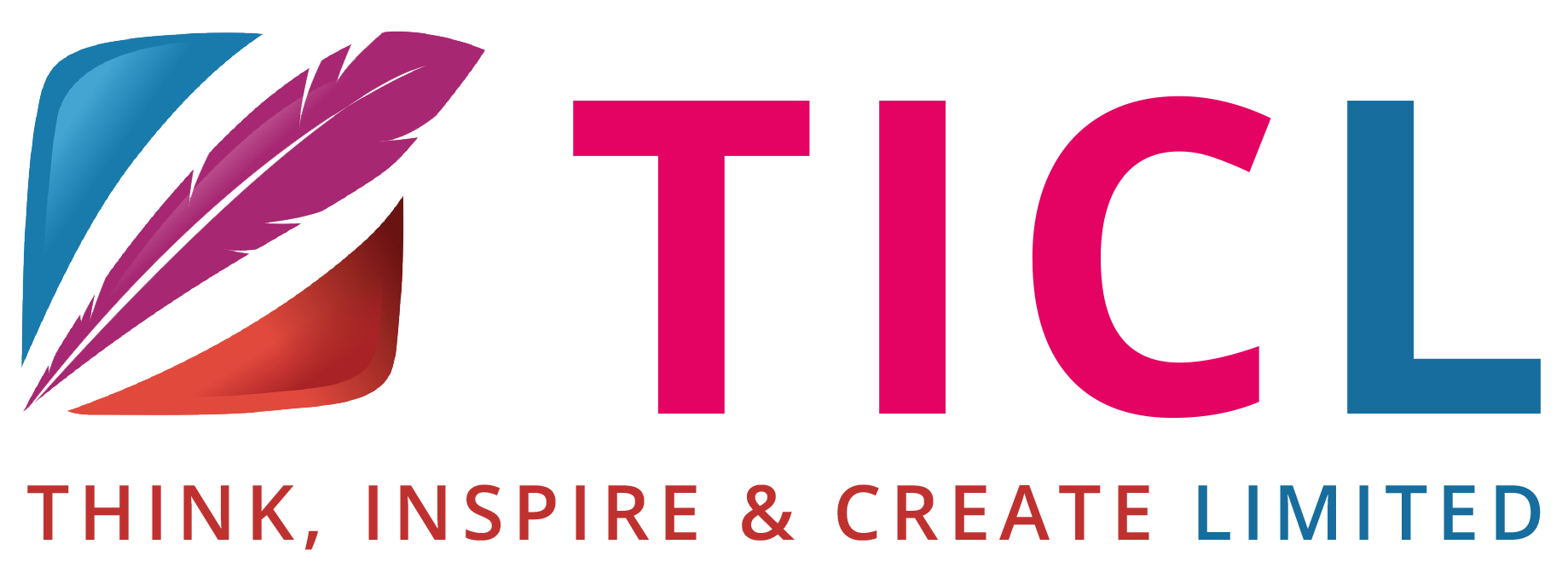How Do I Know If My Team Are As Productive As They Can Be?

How do I know if my team are as productive as they can be, and can improvements really be made remotely?
Having been asked this several times over the last few weeks we decided to update our blog to answer these two questions which are top of mind for UK businesses right now.
Let’s take them one at a time. How do I know if my team are as productive as they can be?
For many organisations the instinctive and quick approach is to ‘run a report’ or get some data and analyse it. And yes, that is not a bad start, but let’s be clear, data is only the start. Data gives you a view; a snapshot; a point in time and if you have lots of data maybe a trend. But it is not the complete picture and should be used to identify area’s to explore further.
Rarely have I met a person, team or organisation that shows up not wanting to do a good job! There is always a reason behind why productivity or efficiency isn’t as good as it could be. The data could provide the priority area’s for exploration, but if it’s not clear here are our thoughts
Do they have the knowledge and understanding of the process and how it connects with the wider business? Have they been trained and has the learning been embed and evidenced? Poor quality training or even no training at all is often a root cause of people productivity in their role. A simple show me, tell me exercise on the key activity and outcomes of the role will enable you to get a view on knowledge.
Do the team have the tools to do the job effectively? Do they really? Now they may have done a few years ago, but if your business has grown don’t assume this is still the case. Creative people will have found ways to keep the process moving and getting the job done but as the volume has grown, they have become less and less efficient. This root cause of poor productivity is so common, with many businesses relying heavily on MS XLS to run key parts of the business. Again, here you will find out by engaging with your people. A short, well facilitated exercise with the team on ‘what’s stopping them?’ will bring out the important and urgent as well as the quick and the easy.
The last thing in our top three is communication. Change is a constant these days for many industries and many organisations so it’s not surprising that the people can sometimes be left wondering what they are supposed to be doing. New systems, new streamlined ways of working (aka cost cutting) centralising and decentralising etc etc. All of this, whilst done with the very best intention can create inefficiency as opposed to the sought-after efficiency because of lack of communication. Your communication plan needs to reflect the type and scale of the change as well as the need for adoption.
If you send out an email communication, in general 25% of the audience won’t read it; half of those who do read it will understand it and half of those will engage with it. So that’s c18% of your audience engaged with the change. It’s not enough to create a movement!
So, onto question two – can all this be done remotely? The short answer is yes.
Over the last 6 months we have all had to adopt to new ways of working. We haven’t had any choice and as a result we have tried things as individuals and businesses that we may not have considered or considered and dismissed as not optimal. But when faced with ‘no option’ you adapt more quickly and (in our experience) with a more open approach to a new way.
Technology is available to support virtual workshops and collaborations and when prepared well and facilitated effectively they can be fun, engaging and productive for all. With video calls, whiteboard, breakout rooms etc etc so much is possible. As with many things preparation is the key. If you were running a workshop in your office – you’d prepare for it. A virtual workshop / collaboration requires the same degree of preparation, but with added creativity to ensure that participation and interaction is achieved. When preparing work in short bursts of activity and try and utilise different tools to keep it fresh and engaging. Before you know it an hour or two will have passed and you will have rich input for you change activity.
For more information on interactive virtual workshop contact us.
